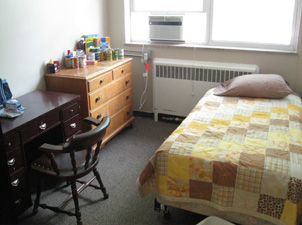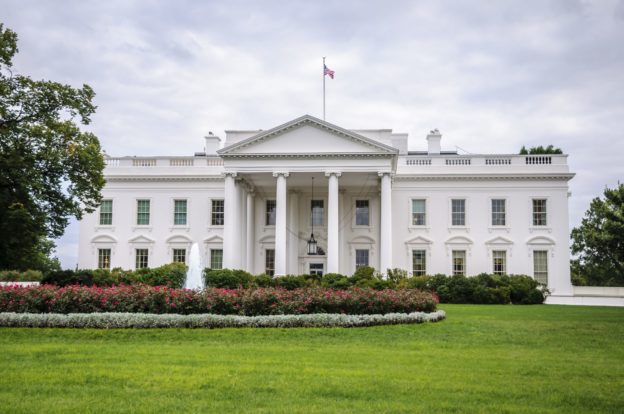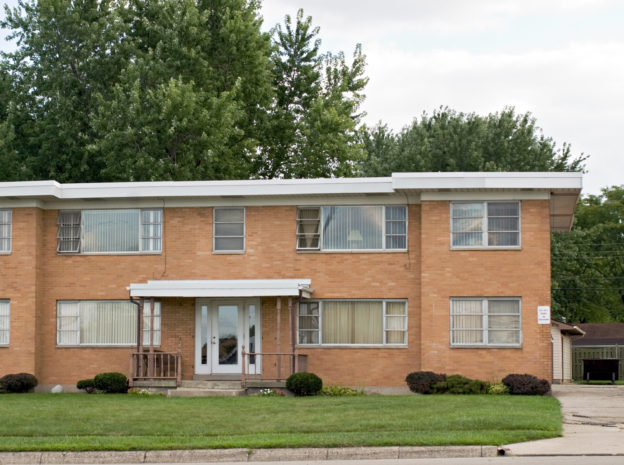
$150 Billion for Housing Explained – Build Back Better
Jarrett Smith and Chiquita Jackson
November 1, 2021
What is housing infrastructure and why/how are we spending $150 billion on it? NETWORK policy experts, Chiquita Jackson and Jarrett Smith break it down. Watch a new NETWORK update on our housing infrastructure:
Call Your Representative Now: 888-738-3058
Tell them to vote Yes on the Build Back Better plan!
With your help, Congress will vote to shape our federal policies to align more closely with our values.
















 Serving women has always been central to the Catherine McAuley Center mission. Today, CMC’s Transitional Housing Program provides shelter, food, and hygiene necessities so that women experiencing homelessness have a stable environment while they also receive individualized case management and group learning opportunities to help them overcome the barriers that led to their homelessness in the first place. These barriers to stability—mental illness, substance abuse, lack of access to healthcare, or other past trauma—differ from those experienced by homeless men and therefore require a different solution, an idea not accounted for by the U.S. Department of Housing and Urban Development’s definition of homelessness.
Serving women has always been central to the Catherine McAuley Center mission. Today, CMC’s Transitional Housing Program provides shelter, food, and hygiene necessities so that women experiencing homelessness have a stable environment while they also receive individualized case management and group learning opportunities to help them overcome the barriers that led to their homelessness in the first place. These barriers to stability—mental illness, substance abuse, lack of access to healthcare, or other past trauma—differ from those experienced by homeless men and therefore require a different solution, an idea not accounted for by the U.S. Department of Housing and Urban Development’s definition of homelessness. In recent months, a CMC resident named Amy* experienced this hardship firsthand. Wanting to escape the unsafe homes of acquaintances where she had been staying, and lacking resources to manage her diabetes, Amy sought support from the centralized intake center for homeless services but was turned away because of her “near-homeless” classification. One disheartening option would have been to first move to the streets in the middle of a cold Iowa winter, but with her diabetes already taking a toll on her eyesight and mobility, she likely would not have survived a short period of time.
In recent months, a CMC resident named Amy* experienced this hardship firsthand. Wanting to escape the unsafe homes of acquaintances where she had been staying, and lacking resources to manage her diabetes, Amy sought support from the centralized intake center for homeless services but was turned away because of her “near-homeless” classification. One disheartening option would have been to first move to the streets in the middle of a cold Iowa winter, but with her diabetes already taking a toll on her eyesight and mobility, she likely would not have survived a short period of time.
